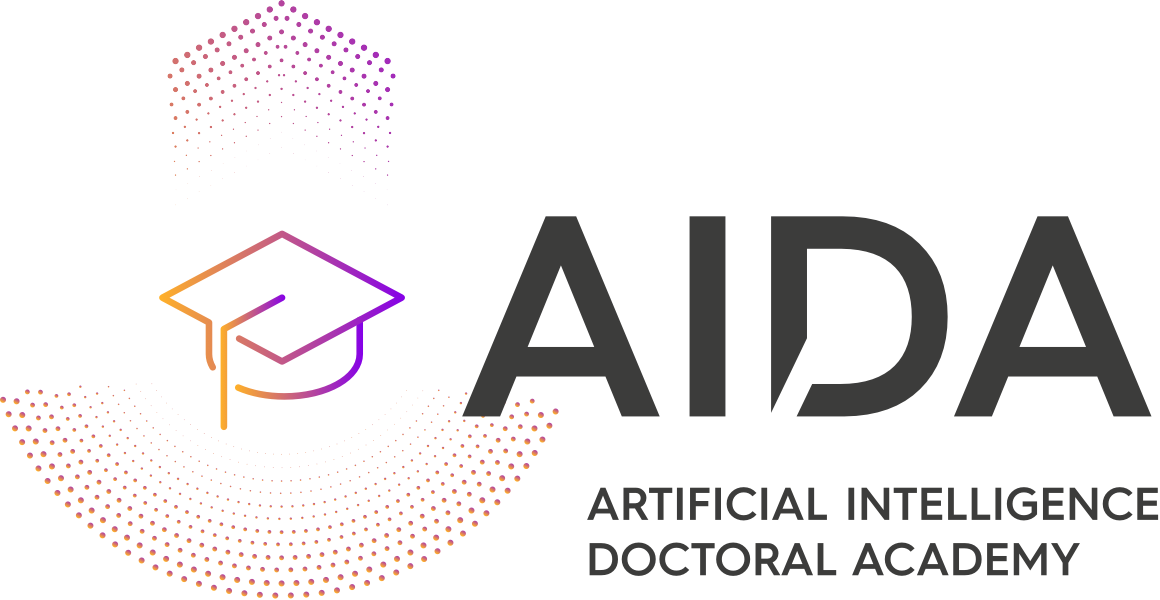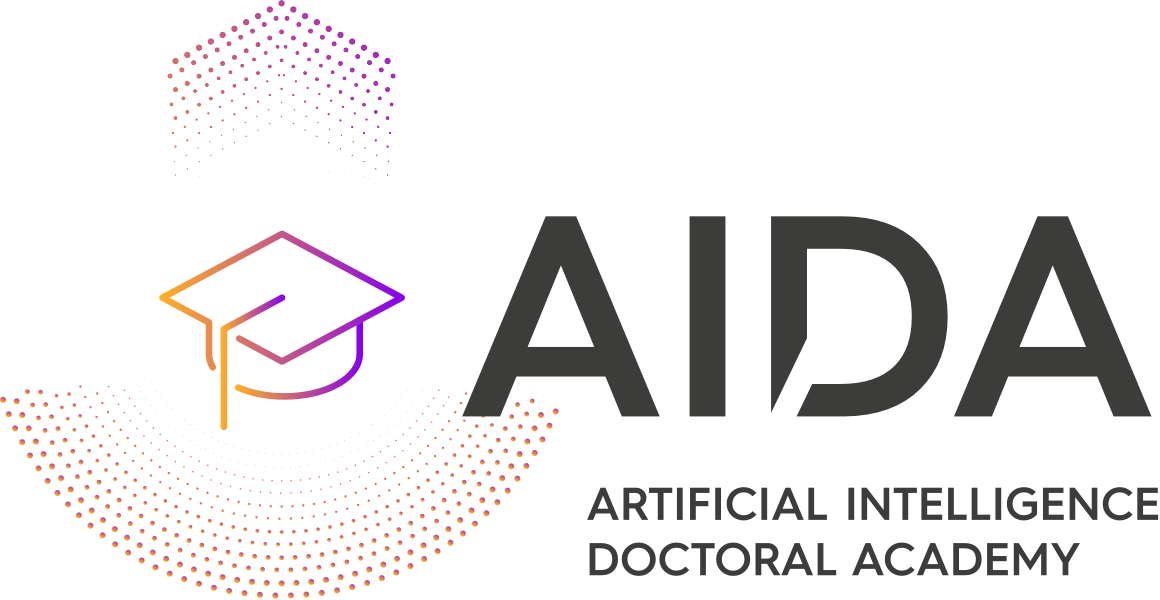The Aristotle University of Thessaloniki (hereinafter, AUTH) created the Mastodon posts dataset within the context of the project TEMA (Trusted Extremely Precise Mapping and Prediction for Emergency Management; Grant Agreement No. 101093003; Call: HORIZON-CL4-2022-DATA-01; Topic: HORIZON-CL4-2022-DATA-01-01) that is funded by the European Commission-European Union (starting date: 1 December 2022; end date: 30 November 2026). General… Continue reading Mastodon posts dataset
Archives: Resources
Resource description
MOBISERV-AIIA Database
Introduction Eating and Drinking Activity Recognition Database (MOBISERV-AIIA Database) was created in order to fulfill the need for a good benchmarking database for the evaluation of specialized meal intake (such as eating and drinking) activity recognition algorithms. The captured video data constitute a database gathered during AIIA Laboratory’s research under the Collaborative European Project: MOBISERV FP7-248434, An Integrated… Continue reading MOBISERV-AIIA Database
AUTH UAV Gesture Dataset
AUTH has created the “AUTH UAV Gesture Dataset” in the context of the “AERIAL-CORE” collaborative project, funded from the European Union’s Horizon 2020 research and innovation programme. The AUTH UAV Gesture Dataset contains videos depicting human subjects performing 6 classes of gestures. This dataset can be employed for training/evaluating gesture recognition machine learning models. It… Continue reading AUTH UAV Gesture Dataset
Speech and Language Processing
Here’s our Jan 7, 2023 draft! This draft is mostly a bug-fixing and restructuring release, there are no new chapters. The restructuring moves the applications section earlier, reflecting how we and others tend to teach NLP, and combines the linguistic structure chapters in one section.
Keep on learning without forgetting
This resource corresponds to 1st video from the AI Excellence Lecture Series. Discover proven strategies and techniques that empower you to keep learning and growing without the frustration of forgetting what you’ve learned. Renowned experts in cognitive science and education share insights into effective study habits, memory enhancement, and lifelong learning practices.
AI, Large Language Models and University Education
This lecture overviews the impact of AI, and Large Language Models, particularly of ChatGPT language model in Education, e.g., in Universities. First it present the ChatGPT transformer structure and ChatGPT training. It also overviews ChatGPT capabilities in language processing (e.g., text translation, summation, text sentiment analysis, dialogue tasks, misinformation detection, code understanding and generation). The… Continue reading AI, Large Language Models and University Education





